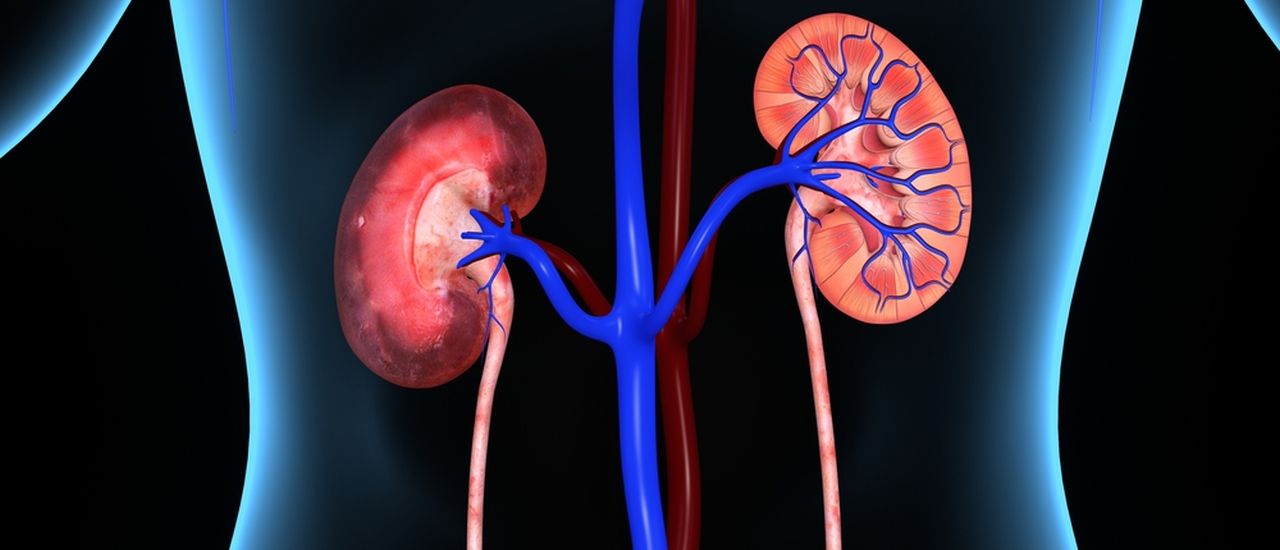Kidney stones: they sound like something that only happens to the elderly, but this condition can affect young people too – let’s see what they are, and how you can avoid them.
What is a kidney stone?
Kidney stones are hard masses, like little stones, that build up in the urinary tract. Crystals form when minerals and salts in urine become extra-concentrated and, over time, these crystals can build up in the kidneys to form stones.
What causes kidney stones?
Urine is the way your body flushes out waste and extra fluids, and it contains minerals and chemicals such as uric acid, calcium and phosphate. Normally these substances are diluted enough to flow easily, but crystals form if they become concentrated.
People who have had kidney stones in the past run a higher risk chance of getting them again, and if a relative has had kidney stones, you may be more likely to develop them at some point.
Some other reasons why people develop kidney stones are
- Dehydration
- An unhealthy diet high in salt
- Urinary tract defects
- Certain medications
- Metabolic disorders
How big do they get?
Kidney stones can range in size from a fraction of a centimetre to several centimetres. The very small ones may pass out of your body with no pain, but passing bigger stones can be very painful indeed! In some cases a kidney stone can cause a blockage – luckily, this isn’t too common and doctors are able to treat kidney stones successfully.
What is the treatment for kidney stones?
Kidney stones are treated based on the type and size of the stone. In some cases, the patient just needs to take pain medication and drink a lot of water while waiting for the stone to pass, but in other cases patients might need surgery or a procedure to break up the stone.
What are the symptoms?
People with kidney stones don’t notice them until a stone moves around in the kidney or passes into the ureter. While small stones may move out of the body with no problems, bigger stones can block the urinary tract and cause symptoms like these:
- a sharp pain that starts in the side or back
- needing to pee often or urgently
- pain that spreads to the lower belly and groin as stones move through the urinary tract
- pain that comes and goes in waves
- blood in the urine
- chills or fever
- nausea and vomiting
If you see blood in your urine, feel pain in your side, or have other symptoms of kidney stones, make an appointment to see your doctor. And remember to go heavy on the water and light on the salt!
Source: Kids Health

